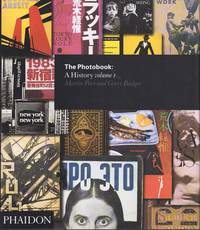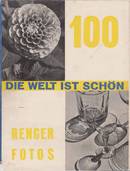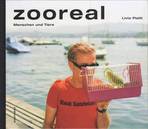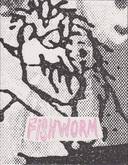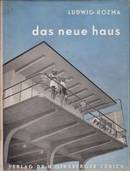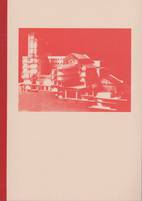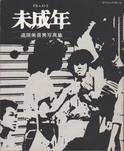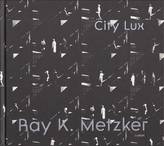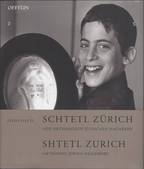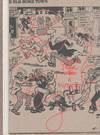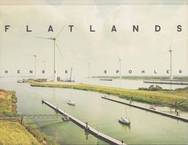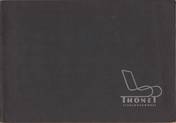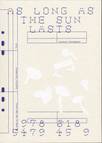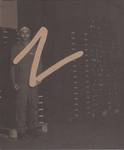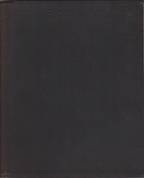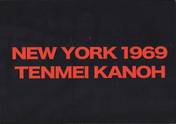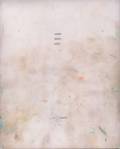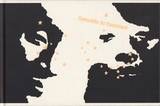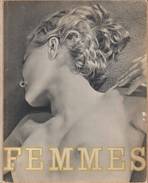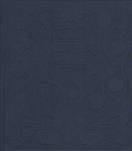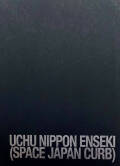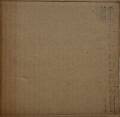Larry Clark - Tulsa, Grove Press, 2000, New York

Larry Clark - Tulsa (Front)

Larry Clark - Tulsa (Spine)

Larry Clark - Tulsa (Back)

Sample page 1 for book " Larry Clark – Tulsa", josefchladek.com
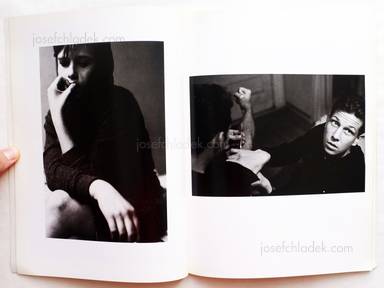
Sample page 2 for book " Larry Clark – Tulsa", josefchladek.com
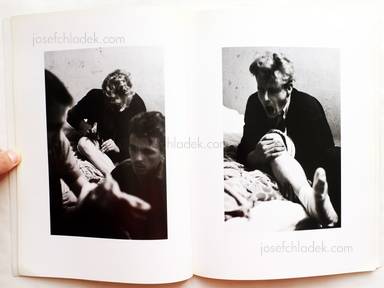
Sample page 3 for book " Larry Clark – Tulsa", josefchladek.com

Sample page 4 for book " Larry Clark – Tulsa", josefchladek.com

Sample page 5 for book " Larry Clark – Tulsa", josefchladek.com

Sample page 6 for book " Larry Clark – Tulsa", josefchladek.com

Sample page 7 for book " Larry Clark – Tulsa", josefchladek.com

Sample page 8 for book " Larry Clark – Tulsa", josefchladek.com

Sample page 9 for book " Larry Clark – Tulsa", josefchladek.com

Sample page 10 for book " Larry Clark – Tulsa", josefchladek.com

Sample page 11 for book " Larry Clark – Tulsa", josefchladek.com
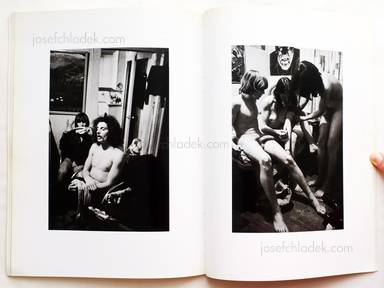
Sample page 12 for book " Larry Clark – Tulsa", josefchladek.com
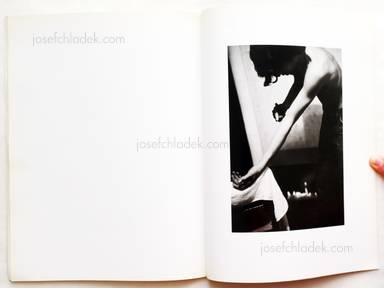
Sample page 13 for book " Larry Clark – Tulsa", josefchladek.com
Other books tagged Black & White (see all)









Other books tagged Drugs (see all)








Other books tagged Parr Badger Vol. 1 (see all)









Other books tagged America (see all)









Other books tagged Youth (see all)









Other books by Grove Press (see all)

Books to shop at placartphoto.com
Softcover, first Grove Press edition (first published 1971 by Lustrum Press as softcover).
„Tulsa is a collection of black-and-white photographs by Larry Clark of the life of young people in Tulsa, Oklahoma. Its publication in 1971 "caused a sensation within the photographic community", leading to a new interest in autobiographical work. Later better known for directing the movie Kids, Clark was a Tulsa native and a drug addict during the period (1963–1971) when he took the photographs. The book is prefaced by the statement:
i was born in tulsa oklahoma in 1943. when i was sixteen i started shooting amphetamine. i shot with my friends everyday for three years and then left town but i've gone back through the years. once the needle goes in it never comes out. L.C.
Tulsa, Clark's first book, was published in 1971 by Lustrum Press, owned by Ralph Gibson. It has been claimed that thanks to Gene Pitney's 1960 song "Twenty Four Hours from Tulsa", Tulsa then represented "young love and family values"; Clark's book challenged this with scenes of young people having sex, shooting up drugs, and playing with guns.
Clark has said that he "didn't take these photographs as a voyeur, but as a participant in the phenomenon", and commentary on the book has emphasized how Clark did not just live with the teenagers portrayed but "did drugs with them, slept with them, and included himself in the photographs"; this conferred an authenticity on the work, which brought it great praise.
Criticism of Tulsa has not been limited to a visceral rejection of images of drugtaking, casual sex, and gunplay; Martin Parr and Gerry Badger say that the "incessant focus [of Tulsa and Clark's 1983 book Teenage Lust] on the sleazy aspect of the lives portrayed, to the exclusion of almost anything else — whether photographed from the 'inside' or not — raises concerns about exploitation and drawing the viewer into a prurient, voyeuristic relationship with the work.“ (Wikipedia)
Pages: 64
Place: New York
Year: 2000
Publisher: Grove Press
Size: 23 x 31 cm (approx.)
